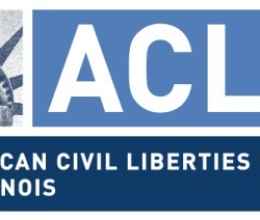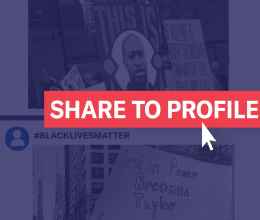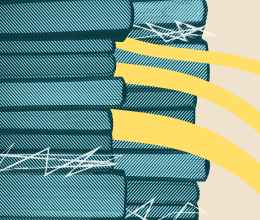
CHICAGO - Commenting on a judge's order dissolving a nearly three-decade old consent decree that provided ground rules for Chicago police when investigating activities protected by the First Amendment, the American Civil Liberties Union of Illinois noted today that such investigations still necessitated some "oversight" because of the "sensitive area of investigating a person's lawful political and associational conduct." The consent decree, first agreed to between the City of Chicago and the ACLU of Illinois in 1982, was dissolved by U.S. District Court Judge Joan Gottschall in response to a joint motion by the City and the ACLU. The agreement had been modified eight years ago by a federal appeals court.
"The decree played a critical role for nearly 30 years in establishing constitutional ground rules for the Chicago police department when investigating activities protected by the First Amendment," said Harvey Grossman, Legal Director of the ACLU of Illinois commenting on the court's order. "We recognized, reluctantly, that federal courts limit the time period for any decree, even one as valuable and important as this decree."
The ACLU today hailed the decree for having acted as a deterrent to illegal activity by the City in the wake of revelations of abuse and harassment by the City's notorious Red Squad, a unit that spied on the political and social activities of Chicagoans during the 1950s and 1960s. The organization noted, however, that over the years of monitoring the decree, the ACLU found that the City avoided the mandates of the decree by conducting very few investigations controlled by the decree. Instead, the City has relied upon the FBI and its Joint Terrorism Task Force to conduct these investigations.
"The good news is that because the CPD did a very limited number of investigations of First Amendment activities, we do not believe that there has been a systemic abuse of the decree," added Grossman. "On the other hand, by avoiding any investigation that called for the CPD to follow the decree, there was little institutionalization of processes for assuring that these sensitive investigations are conducted in a constitutional manner."
"We believe that there is a critical need for some outside oversight and guidance of the CPD as they are released from the modest constraints of the modified consent decree," said the ACLU's Grossman. "We hope that the Chicago City Council will step up and play a positive role, perhaps by adopting an ordinance that sets guidelines for First Amendment investigations similar to an ordinance recently adopted by the District of Columbia."
"The people of Chicago deserve to know that there are some reasonable standards and monitoring in place when the police launch an investigation of one's political activities and associations."
The law firm of Miller Shakman & Beem, has provided invaluable assistance on this issue over the years.



